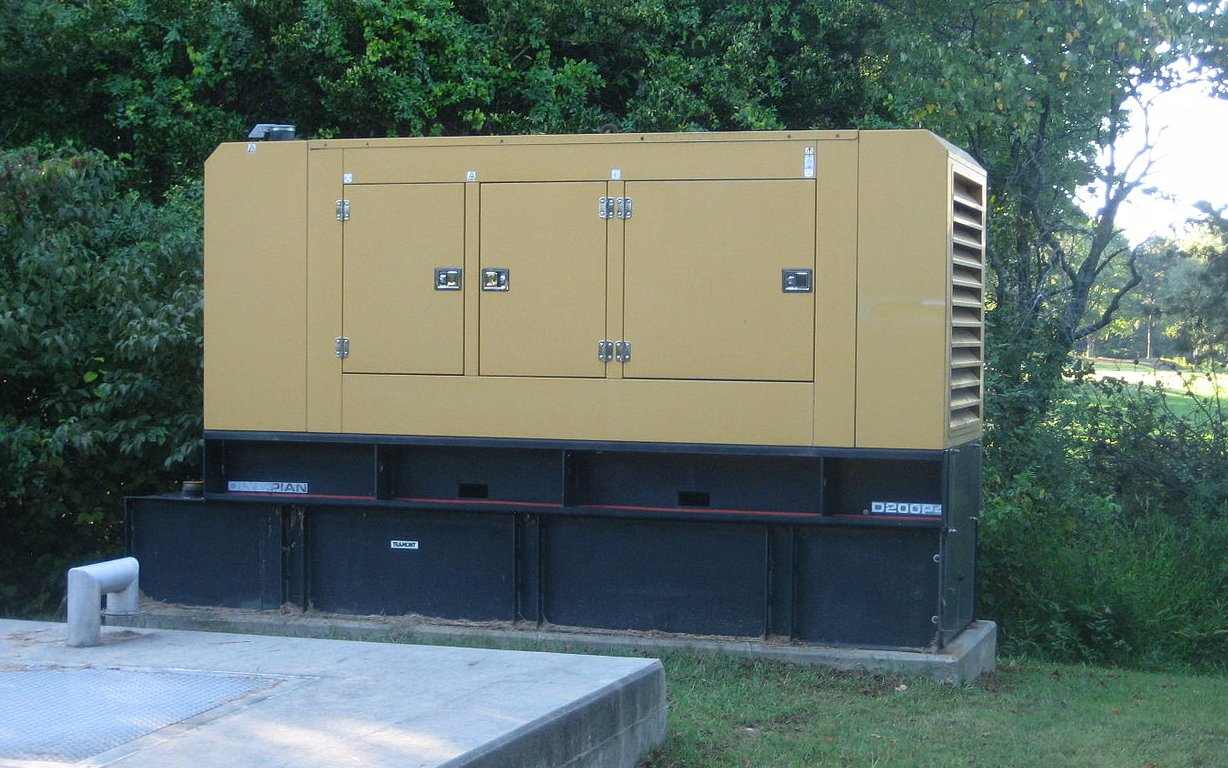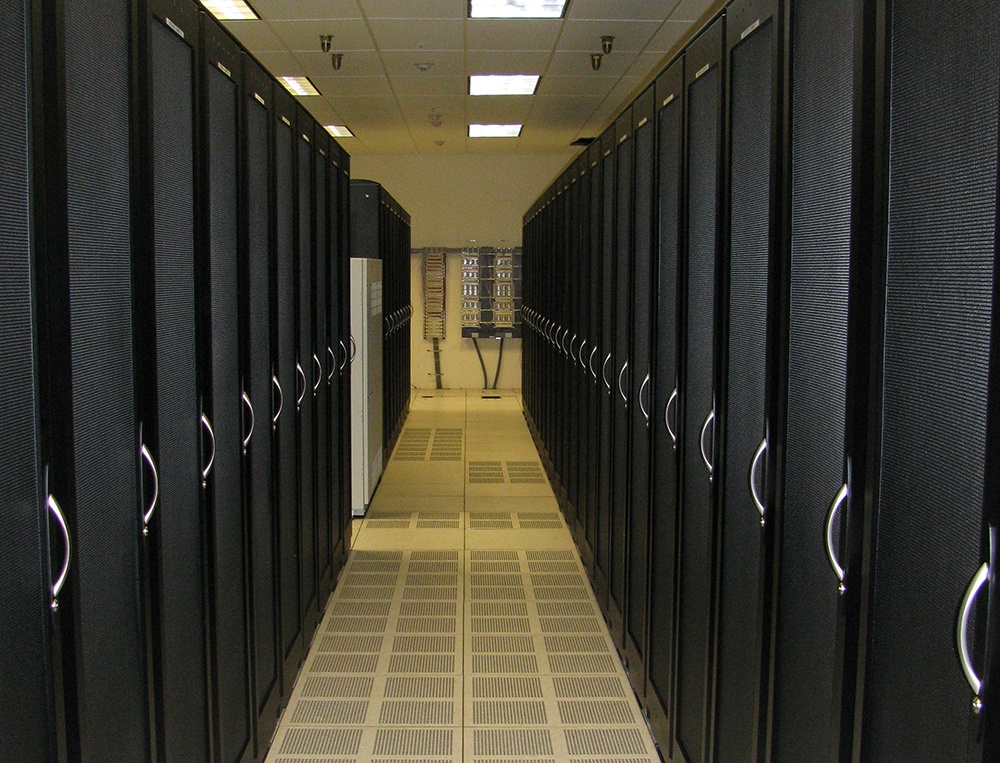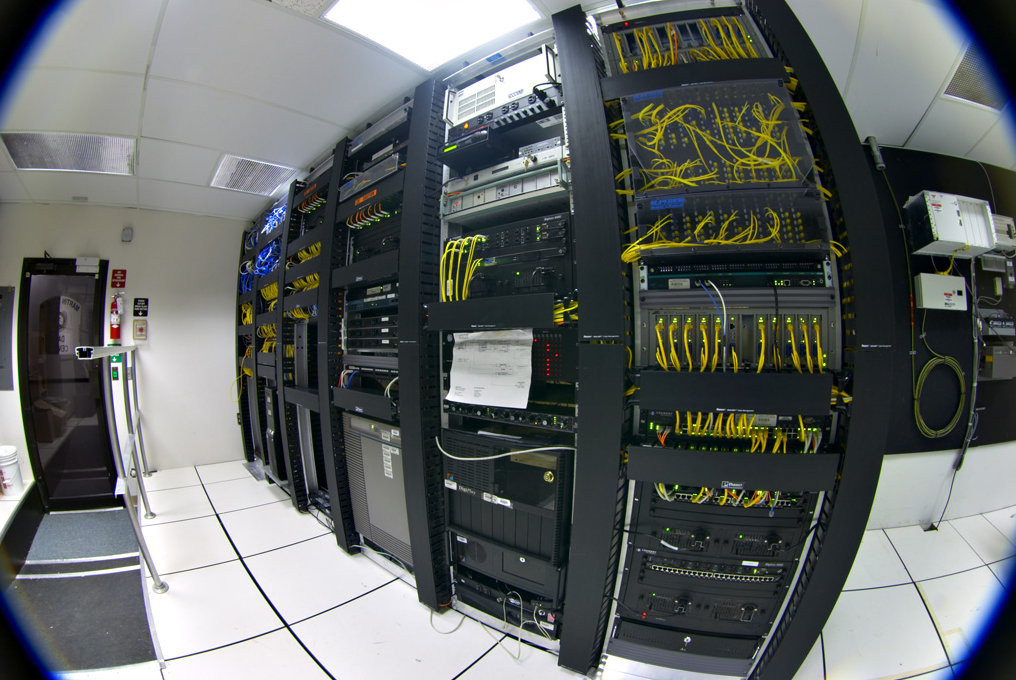When it comes to running a data center, the need for disaster avoidance is crucial. An uninterruptible power supply at a data center is key to preventing an issue that could impact your customers and your bottom line.
In order to do so, data centers turn to the use of backup power generation, usually in the form of diesel or gasoline generators. However, many data centers unknowingly fall under SPCC Plan regulations, a federally mandated spill prevention program, simply due to the size of the diesel or gasoline tanks attached to the backup generators.
So, let's cover some of the basics about SPCC Plans and what they mean to data centers across the United States.
SPCC Plans are Spill Prevention, Control and Countermeasure plans, which is a long-winded way to describe a document that outlines what to do in case of an oil or petroleum spill at a facility. SPCC Plans are designed to be a useful guide not only in the case of an emergency, but also as a way to conduct documented training and checkups on the systems and storage containers at your facility, among other things, to prevent an emergency from happening in the first place.
SPCC Plans apply to any operation that has storage capacity of over 1,320-gallons of oil or petroleum products on-site in any sized container down to, and including, 55-gallon drums.
If your facility has less than 1,320-gallons of storage capacity, you don't need an SPCC Plan.
If all your oil or petroleum products are stored in 35-gallon drums, those do not count towards your total storage capacity.
It's only 55-gallon drums or larger, and you must have 1,320-gallons of storage capacity, or more, on-site, to meet the needs of having an SPCC Plan.
Note that we're talking about storage capacity, not actual, operating, or normal capacity. SPCC Plan regulations for everyone, including data centers, considers the maximum amount of oil or petroleum products that could be stored on-site when it comes to determining the need for a SPCC Plan.
SPCC Plans, whether they're at data centers, farms, industrial facilities, or any other type of location, are normally inspected by regulators from the USEPA. However, they could also be inspected by city, county, or state regulators, or possibly even outside 3rd parties.
Generally, the USEPA is the one who enforces the SPCC Plans, but we have dealt with state regulators numerous times who have required facilities to either update or get an SPCC Plan if one is absent. They themselves may not be able to enforce it, but it's easy for them to get in touch with the EPA and get a
regulator out to your facility to enforce the regulations.
What do SPCC Plans at data centers normally cover?
SPCC Plans at data centers usually only cover the gasoline or diesel used in backup generators. Since this tends to be the only oil or petroleum products on-site at a data center, those are the only things that are covered in a SPCC Plan.
Does my data center need an SPCC Plan?
This is a pretty easy question to answer.
Add up all the oil or petroleum storage tanks (55-gallons and larger) at your facility. If the storage capacity of the tanks at your data center is over 1,320-gallons, then yes, you need a SPCC Plan.
If you do not have 1,320-gallons then no, you do not need a SPCC Plan at your data center.
Are there different types of SPCC Plans for use at a data center?
Yes! Depending on who you talk to, there are generally considered to be either two or three types of SPCC Plans available for use. We break it down into three to make it easier to describe to our clients. They are:
You can click those links to learn more about each plan, check out our article Different types of SPCC Plans EXPLAINED!, or just check out the brief descriptions that follow.
The difference in plans depends upon the storage capacity at your data center, as well as tank sizes, and breaks down as such:
Tier I SPCC Plans
For data centers with less than 10,000-gallons of oil or petroleum storage capacity in tanks ranging from 55-gallons to under 5,000-gallons.
Tier II / Self Certified SPCC Plan
For data centers with less than 10,000-gallons of oil or petroleum storage capacity in tanks larger than 55-gallons. The need for a Tier II / Self Certified SPCC Plan is predicated on having a storage tank larger than 5,000-gallons.
Full / PE Certified SPCC Plan
For data centers with over 10,000-gallons of oil or petroleum storage capacity in tanks larger than 55-gallons, a Full / PE Certified SPCC Plan is required.
Has your data center ever had an oil spill?
If you've ever had a spill, leak, or any type of release to the environment of oil or petroleum then you probably need a Full / PE Certified SPCC Plan by default.
Doesn't matter how much oil or petroleum is stored on-site, if you've had a sizable spill of over 1,000-gallons in the last three years, or two spills of 42-gallons or more in the last 12 months, then you need a PE Certified SPCC Plan at your data center. We rarely see data centers with a history of spills, so this usually doesn't apply, but I figured we ought to throw it out there.

Does a professional engineer (PE) need to sign the SPCC Plan for my data center?
If you need a Full / PE Certified SPCC Plan, then yes, a PE needs to sign the SPCC Plan.
If you need a Tier I Plan or a Tier II / Self Certified SPCC Plan, then no, a PE does not need to sign the SPCC Plan. We do occasionally run across companies that want Full / PE Certified SPCC Plans regardless of the amount of oil or petroleum stored on-site, usually due to internal demand from their organization. We try to steer companies away from spending money unnecessarily, but if that's what you want, we accommodate your needs.
Does the professional engineer (PE) that signs the SPCC Plan need to visit my data center?
Nope. The professional engineer does not need to visit the data center, develop the plan, or create the site map or diagram. All they need to do is review the SPCC Plan for the data center and sign off on it.
This is something we see a lot of environmental companies misrepresent to customers, simply due to the fact that having a PE do the work equates to a higher price tag and higher profits for the environmental company. It's easy to misrepresent the facts, tell you otherwise, and make a few extra dollars, but that's not how we work around here.
As long as the professional engineer reviews the final plan, finds it acceptable and up to snuff with the regulations, and then provides their signature & stamp where applicable, that's sufficient for SPCC Plan regulations.
The reality is there actually are no qualifications necessary for conducting and completing an SPCC Plan. That's not to say I would trust an SPCC Plan from someone unqualified to do the job, but the reality is anyone can develop the SPCC Plan. It could be an internal employee, an external consultant, an EHS manager, etc. In fact, the USEPA even offers free Tier I SPCC Plan templates for companies to complete on their own.
To learn more about how PE's are involved in the SPCC Plan process check out our article Professional Engineers & SPCC Plan Requirements.
How long is an SPCC Plan good for at a data center?
The lifespan of an SPCC Plan at a data center can really be looked at in two ways.
First, if the data center changes anything, then those changes need to be reflected within the SPCC Plan. So, if new generators & tanks were installed, the facility layout changed and generators and tanks were moved, or anything else that structurally altered where the tanks were located within the facility, those changes would need to be reflected in the plan. This also goes for changes such as staffing, ownership, phone numbers or contact information, or "operational" changes that occur at the facility.
Generally, these revisions can be tracked via a revision page, with notes, and amended information can be replaced within the plan. However, if the data center is significantly altered, then a new SPCC Plan may be required instead. How can you determine if changes are significant or not? That's unfortunately subjective and there is no firm answer one way or the other. It's generally up to the reviewer, developer, owner, or user of the SPCC Plan. It's a "use your best judgment" situation.
But secondly, the SPCC Plans themselves do have a mandatory review period. Your SPCC Plan is effectively "good" for five years, after which the plan must be comprehensively reviewed. It could be reviewed by the user, an outside consultant, an EHS manager, you name it. If someone looks at the SPCC Plan carefully every 5 years and is in some way qualified (again, subjective, but use your best judgment), then the plan is somewhat "good" for another 5-years, or until it's determined it needs to be replaced.
So, in a sense, a SPCC Plan at a data center is as good as long as it accurately reflects the facility. We cover this topic more in depth in our article When should you update your SPCC Plan & can you do it yourself?
How does a SPCC Plan cost a data center?
This is a great question, and one that firmly falls into the "it depends" category. There are a few considerations we consider when determining the cost of an SPCC Plan at a data center which are:
- What type of SPCC Plan does the data center need?
- Where are the data centers located? How much travel time/costs will we incur?
- How many SPCC Plans are needed? (aka is the customer buying in bulk?)
- How quickly do we need to complete the SPCC Plans?
So, we might end up charging you the same price for a Tier I SPCC Plan at a data center in Salt Lake City as we would a Full / PE Certified SPCC Plan located close to one of our offices in New Jersey, Florida, or North Carolina.
Conversely, we may charge more for a Tier I Plan that has a 10-turn around time versus a PE Certified SPCC Plan that does not have a firm turnaround time. It all depends.
However, we've found that most of the SPCC Plans we've developed over the last 25+ years have ranged from around $1,500 to over $8,000. These numbers reflect a wide variety of facilities of all shapes and sizes, located all over the continental US.
When it comes to the cost of an SPCC Plan at a data center, the lower end of the spectrum is around $4,500, to upwards of $6,500 since most of the data centers are Full / PE Certified SPCC Plans. Again, it all depends on some variables that impact the overall price of the project.
We cover this article more in-depth here: How much does a SPCC plan cost?

How long does an SPCC Plan for a data center take to complete?
Conducting a site inspection for SPCC Plan reasons at a data center generally takes a few hours, barring any sort of site obstruction that would prevent us from completing the site visit. During this time we can discuss the data center operations, contact details, and other pertinent information with the site or company representatives.
When we return to our offices, we then sit down, work through the information, and develop the SPCC Plan for your data center. The fastest we've ever turned around a SPCC Plan was 48 hours after the site visit for an organization that needed it prior to an inspection by internal company representatives. This is an extreme example, but goes to illustrate that a SPCC Plan can be turned around as quickly as needed. Our general turnaround time for an SPCC Plan is a few weeks, usually after we've conducted all necessary site inspections for all facilities so we can turn over all the SPCC Plans to the data centers at the same time.
We go into a bit more detail on the process in our article How long does it take to get an SPCC plan?
What does a data center need to do with an SPCC Plan?
An SPCC Plan does have some requirements which you need to follow through with at your data center. They are:
- Conduct monthly, documented site inspections.
- Conduct a comprehensive, documented annual inspection.
- Provide annual documented training for anyone who has anything to do with the oil or petroleum storage tanks.
- In case of an emergency, follow guidelines to report any leaks or spills to the proper government outlets.
Honestly, the requirements at a data center are meager due to the modern, often high-quality systems in place with regards to the backup generators and tanks. Inspections should be quick and easy, and training can be relatively concise as well.
Here are some additional helpful topics on what you need to do with a SPCC Plan at your data center:
Additional thoughts on SPCC Plans at data centers.
One thing many data centers can overlook is the need for Community Right to Know Reporting, which is triggered by the amount of gasoline and/or diesel stored on-site. Generally, with Community-Right-to-Know Reporting, you need to have 10,000 lbs. or greater of a hazardous material on-site, of which both gasoline and diesel are considered hazardous materials.
Notice I said pounds, not gallons. Meaning, you need to divide 10,000 lbs. by either 6.94 (the weight of diesel) or 6.22 (the weight of gasoline) to figure out how much fuel you need to have on-site in pounds. Here's the math
If you have over 1,441-gallons of diesel at your data center, you need to report it in your Community-Right-to-Know Reports.
If you have over 1,608-gallons of gasoline at your data center, you need to report it as well.
As you can see, just by needing an SPCC Plan at your data center you can come pretty close to needing to conduct Community-Right-to-Know Reporting as well. Here's some extra information on the topic:
When it comes to environmental considerations at a data center, most people don't immediately think of regulatory compliance, but like every other type of facility out there, the law is the law, and if it applies, you need to be in compliance. To learn more about SPCC Plans and data centers, click here to contact us or give us a call anytime at 888-762-0230.





